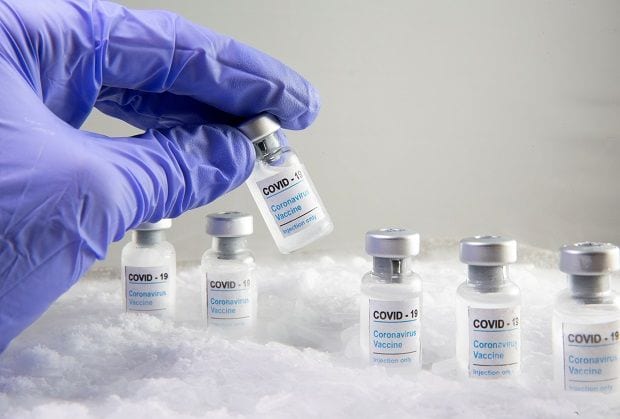PETALING JAYA: Five out of six vaccines under the National Covid-19 Immunisation Programme have been endorsed by the World Health Organisation’s Emergency Use Listing (EUL).
These include Sinovac and Sinopharm, the latest Covid-19 vaccines to be included.
The EUL currently has seven Covid-19 vaccines approved for emergency use, with Pfizer-BioNTech being the first to be accepted in December 2020, followed by AstraZeneca and Covishield in February this year, Johnson & Johnson in March and Moderna in April.
In May, the WHO added Sinopharm to the EUL listing – the first Chinese-made vaccine to be included – followed by Sinovac in June.
“The EUL is a procedure for assessing unlicensed vaccines, therapeutics and in-vitro diagnostics during public health emergencies with the ultimate goal of expediting the availability of these products to people who need them.
“The WHO’s EUL is a prerequisite for the Covax Facility vaccine supply and international procurement.
“It also allows countries to expedite their own regulatory approval to import and administer Covid-19 vaccines,” the WHO said in a statement on its website.
This means that only vaccines that are included in the EUL can be included in Covax, the global programme that aims to provide Covid-19 vaccines mainly to developing nations.
So far, the vaccines that have gained approval for Malaysia’s Covid-19 inoculation drive are those from Pfizer-BioNTech, AstraZeneca, Sinovac, Sinopharm, Johnson & Johnson and CanSino.
As for Sinovac, the WHO said efficacy results showed that the vaccine prevented symptomatic disease in 51% of those vaccinated and prevented severe Covid-19 and hospitalisation in 100% of the studied population.
In March this year, Malaysia granted conditional approval for Sinovac to be used in the national inoculation drive and procured 16 million doses.
However, Health Minister Datuk Seri Dr Adham Baba said on Thursday that the country would stop administering Sinovac once its supplies ran out as it had a sufficient number of other vaccines for its programme.
As for Sinopharm, which received conditional approval for use in Malaysia on Friday, the WHO said it had a 79% efficacy rate against hospitalisation.
“A large, multi-country Phase Three trial has shown that two doses administered at an interval of 21 days have an efficacy rate of 79% against symptomatic SARS-CoV-2 infection 14 or more days after the second dose,” it said.
SARS-CoV-2 is the official name of the coronavirus which causes Covid-19.
However, it is not yet known how the vaccine will hold up against Covid-19 variants, with the WHO stating that “this vaccine has not yet been evaluated in the context of circulation of widespread variants of concern”.
For the single-dose Johnson & Johnson vaccine, the WHO said the ample data from large clinical trials shared by the company also showed that the vaccine was effective in older populations.
The WHO added that the vaccine from Johnson & Johnson was the first that it listed as a single-dose regimen, “which should facilitate vaccination logistics in all countries”.
While CanSino has yet to get approval from the WHO, the rolling data submission for this single-dose regimen vaccine is scheduled to begin in August, as per the WHO website.
It was reported that Malaysia would be getting its first batch of the CanSino vaccine at the end of this month, with Dr Adham saying that 800,000 doses would be received.
























